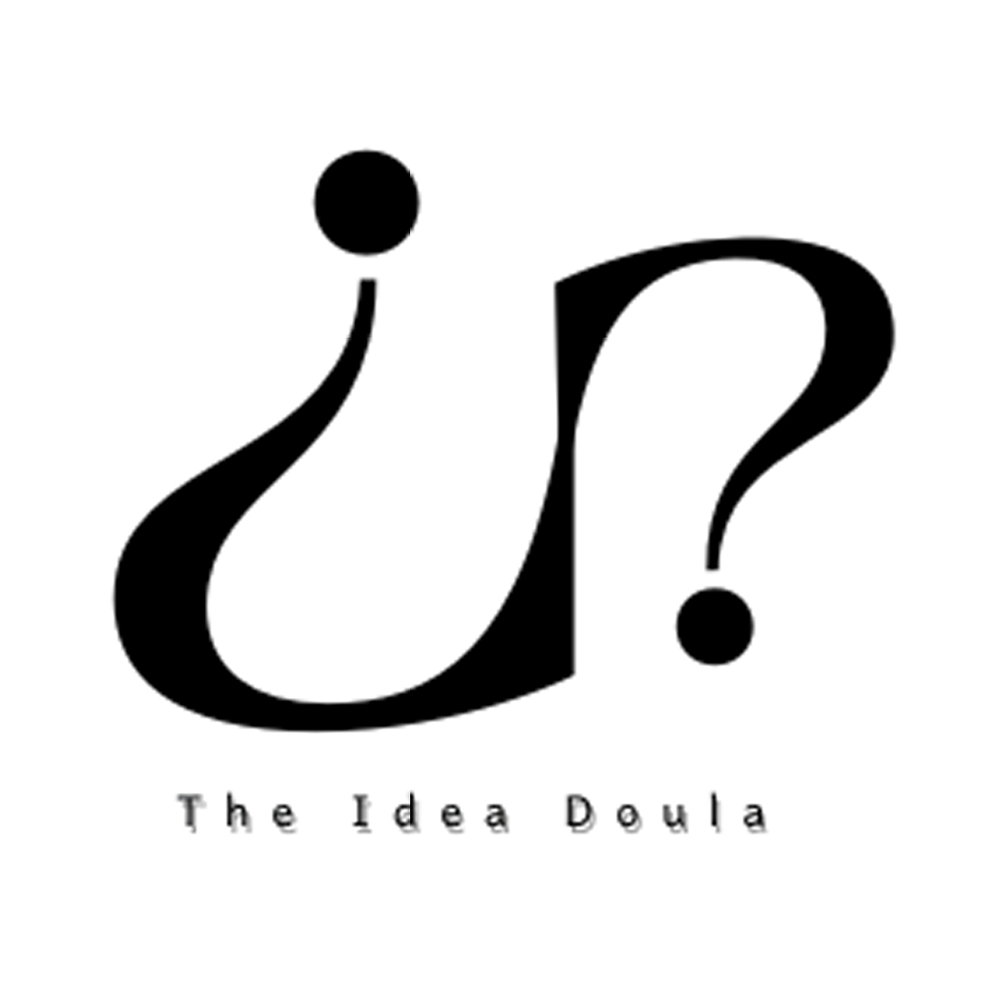Multiple perspectives play in liminal spaces on this Netflix drama series

The Asian-American poet Jihyun Yun says, “When I first asked my grandma if I could write and publish about her, she gave me an instruction that has stuck with me over the years and I try to always keep it in mind when I write about family. She said, roughly translated from Korean: “you can write what you want, but let us live a little more beautifully the second time.” I took this as permission with a condition that I would fictionalize where necessary, to protect them and myself. The women I write about are both us and not us. Maintaining that fictionalized barrier is important to me.” The Playlist is a Netflix drama series that keeps the fictionalized barrier intact, inviting us to imagine futures and pasts with an exciting line-up of narratives.
This series sets out on the adventure of exploring how Spotify came to be the music-streaming giant we know today. Beginning with the driven Daniel Ek, the show expounds on the magnitude of collaboration required to build something so definitive and ground-breaking for the music industry. As it goes on, we learn about Daniel and understand that his passion is drawn from his mother’s love for records and his own fawning over the undiscovered artist known as Bobbi T. With these women as his inspiration, Daniel sets off with unmatched determination to bring his dream of a music-streaming app into reality. As with any gigantic dream, the task, once undertaken, proves to be much more demanding than expected.
A jarring aspect of the show is seeing characters so steeped in their reality, only to break the fourth wall when it’s their turn to tell the audience their side of the story. While startling, this aspect adds a delicious sense of drama to an already wild ride. Now we’re in on the secret and we get to go even further behind the scenes with each new perspective. Each layer of the story brings an understanding of the characters and their motivations that makes us feel like we can make solid critiques of these same characters as the story goes on. When we say “Daniel, you’ve changed,” we can really mean it and see it happen in what feels like real seasons, yet what is actually a few episodes.
Another jarring form this series uses is liminal spaces, especially for specific narratives. Through the travel of liminal spaces, we avoid the challenge that arises with multiple storytellers to one story. A bunch of cooks showed up to broth that day, and the use of liminal spaces allows the flavor to remain consistent and tantalizing throughout the Playlist. Liminal spaces also release the viewer from the need for specific details and affirmative truths. Maybe we’re in the Sony building when this or that event happens; maybe we aren’t. Who knows? That detail isn’t important. In this way, these in-between, semi-spiritual transitions help us plug into the true meaning of this show, and where its value is really found: in its people-centered narratives.
As the 2023 Writer’s Guild of America strike passes the 100-day mark, The Playlist makes important commentary on what it would take to get artists paid proper wages from Spotify and other music streaming services. Bobbi T’s side of the story opens up a relatable perspective from the aspect of the artist who inspired it all. As someone who should be receiving her dues and reaping the rewards of being so closely affiliated with the people behind Spotify, her plight makes clear that even proximity to power cannot deliver the kind of justice artists deserve. The surprise ending of this series drives home the reality that there is still much work to be done. Before we can move into action, we must first take steps in imagination towards the futures we desire.
The Playlist reaches into story, and each episodes draws out a treasure of fiction, perhaps revolutionizing real life.

